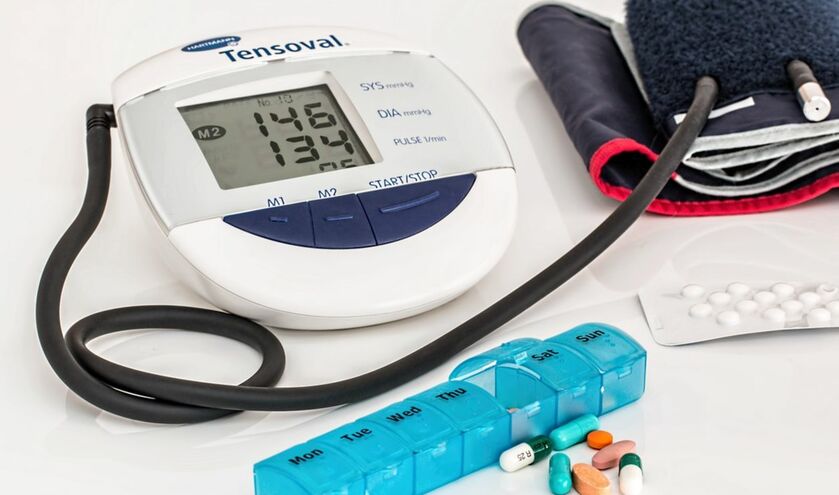The spending watchdog recommended a review of how NHS Health Checks are delivered to boost uptake.
Gareth Davies, head of the NAO, said: ‘Each year thousands of lives are lost to cardiovascular disease, with billions of pounds spent tackling it.
‘Health Checks can play a crucial role in bringing these numbers down, but the system isn't working effectively, resulting in not enough people having checks. This is an unsatisfactory basis for delivering an important public health intervention.
‘The Department of Health & Social Care needs to address the weaknesses in the current system for targeting and delivering health checks if it is to achieve the preventative effect it wants.'
Local authorities have a statutory requirement to deliver health checks to all eligible individuals over a five-year period after responsibility for commissioning was transferred to them in 2013.
Only 3% of local authorities delivered a health check to all of the annual eligible population in their areas in 2023-24 and less than half of the eligible population attended a check.
The Public Health Grant, used by local authorities to fund health checks and other health services, reduced in real terms from £4.48 billion in 2015-16 to £3.53bn in 2023-24, a 21% decline. Over the same period, local authority spending on stopping smoking, obesity and physical activity, decreased by 23% in real terms, from £340m to £262m (in 2023-24 prices).
Cllr David Fothergill, chairman of the LGA's Community Wellbeing Board, said the reduction in the Public Health Grant had limited council's ability to deliver health checks and a shift to reactive care.
The councillor said councils had adapted by ‘using innovative approaches, targeting high-risk communities through outreach, and expanding services beyond general practices', inviting over 23.5m for a health check over the last decade, although only 11m were taken up.
Fothergill said poor data sharing had hampered councils' ability to track outcomes and said calls for a review of commissioning were ‘a distraction from the real issue of inadequate funding'.
A Department of Health and Social Care Spokesperson said: ‘Lord Darzi's report laid bare the extent of the issues facing the nation's health service, and we recognise that there is more to do to improve this programme. We will carefully consider the findings of this report.
‘This Government is committed to taking action on preventable, deadly diseases like cardiovascular disease.
‘Since this research was conducted, we have begun to pilot comprehensive heart health checks in workplaces, and we are developing a digital version of the check to provide an even more accessible and convenient service for people. Our reforms will help us prevent and catch disease earlier, so it can be treated faster.'



